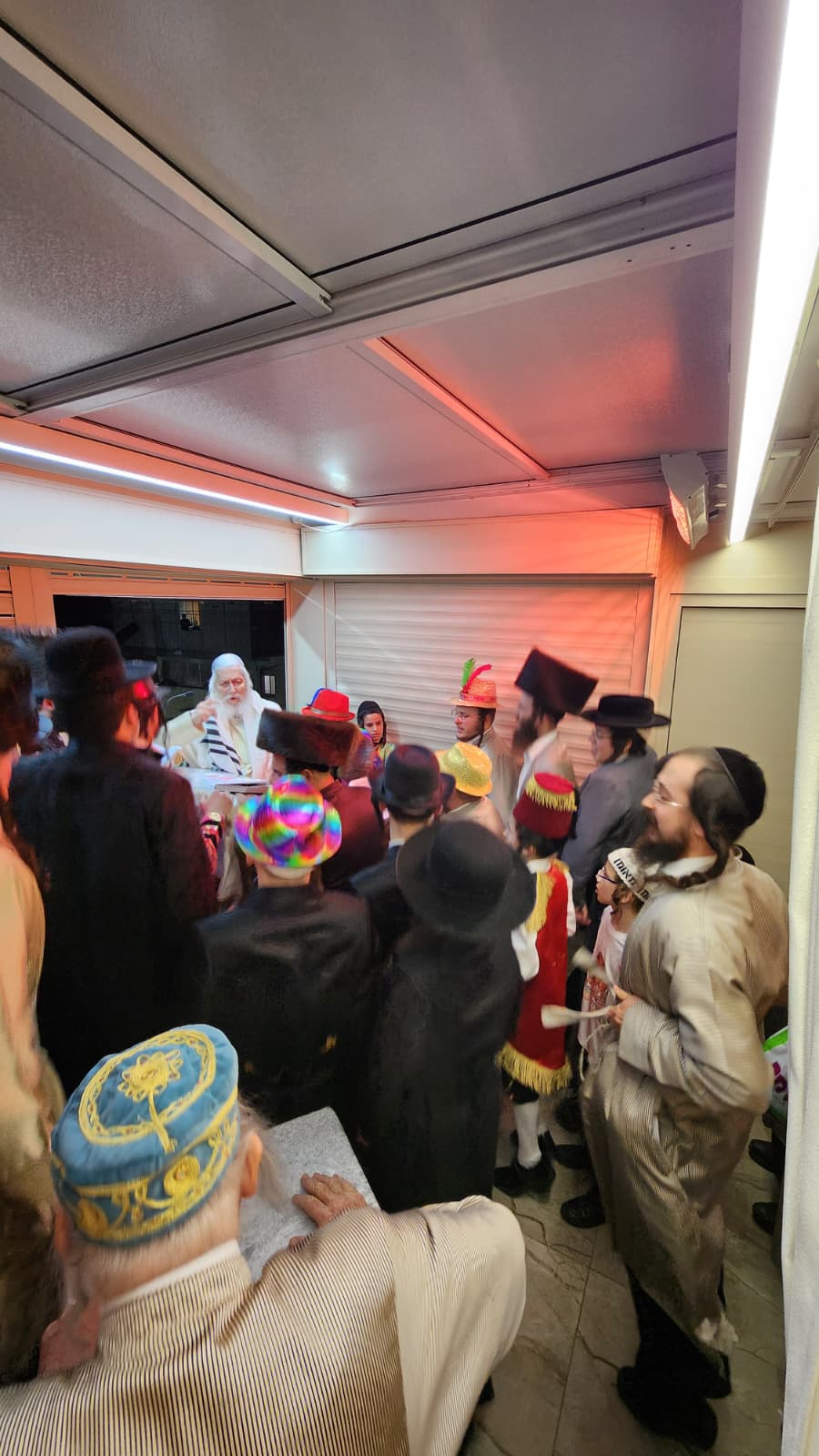Shemot 6:7 "And I will take you to me as My people, and I will be to you a G‑d; and you shall know that I am HASHEM your G‑d, Who brings you out from the under the oppression of Egypt."
This commandment [to know G‑d] is the first of all the commandments. The knowledge of G-d falls into two categories hinted in this verse. First is the general understanding that there is one supernal force that supervises the world. Next is the realization that this supervision and influence devolves into the finest particulars of this world.
The beginning of every mitzvah is to know G-d in His generality. What is this generality? It is to know that there is a ruling force above Who is the Master of the world. He created all of the worlds [Atzilut, Beriyah, Yetzirah and Asiyah], the heavens and the earth and all of their forces. This is [knowledge of Him] in general [consisting of six parts]:
- To know that there is [understanding this reality];
- A ruling force [that commands all the forces of the universe];
- Above [the higher reason to all reasoning];
- Master of all the worlds [and active in them, not leaving them to secondary controlling forces];
- Creator of all the worlds [from nothing to something - ex nihilo];
- And all their forces. [Not to believe that the works of Creation are somehow self sustaining].
All this is the beginning to arriving at a true belief in G-d in general.
The end of all [knowledge and belief] is in the particular, to know Him in particular [details].
We find that a person in this world deals with the general and particular [in arriving at faith in G‑d]. In this world a person himself consists of the general and particular. [In generality he exists as a physical body made up of particular limbs]. This is the reason that the beginning of all is to know that there is a Controller and Judge in this world and that He is the Master of all the worlds. He made man from soil of the earth and breathed into his nostrils the soul of life.
In Hebrew the word for "man" is "
adam"; the word for "soil" is "
adamah"; the word for "breath" is "
neshima"; the word for "soul" is "
neshama". The act of breathing gives life to the body, which is the container of the soul, ultimately sourced in the original breath of G-d into the first man. In Hebrew, the actual words for "man" and "soul" clearly relate to these concepts. This is one of the reasons Hebrew is called the Holy Tongue, since the very letters and words express divine hidden meanings.
When the People of Yisrael left Egypt they didn't know G-d.
The deepest exile is not to know of the existence of G-d - in general or in particular. Egypt was the essence of all exiles and this lack of knowledge of G-d was the darkest aspect of that exile. We constantly remember coming out of Egypt because that was essence of the struggle in our own lives - to leave the darkness and to know G-d.
When Moshe came to [redeem] them, this was the first commandment he taught them as is written;
"And you shall know that I am the HASHEM your G d, who brings [note the present tense!] you out from under the sufferings of Egypt."
The word for Egypt in Hebrew is "
Mitzrayim"; it is related to the word "
maytzarim", meaning "constriction". The first commandment in leaving constricted consciousness is to recognize the Divine.
If it were not for this commandment, Yisrael would not have believed in all the miracles and mighty deeds that were done for them in Egypt. When they understood this in general, miracles and wonders were done for them [in particular].
From here we see that a person needs to understand and believe in He who is making history in order to merit the miracles connected with redemption from exile.
- Zohar, Parashat Va'era, pg. 25a; translation and commentary by Simcha-Shmuel Treister; Chabad
-------------
Parashat Va'era













.gif)




